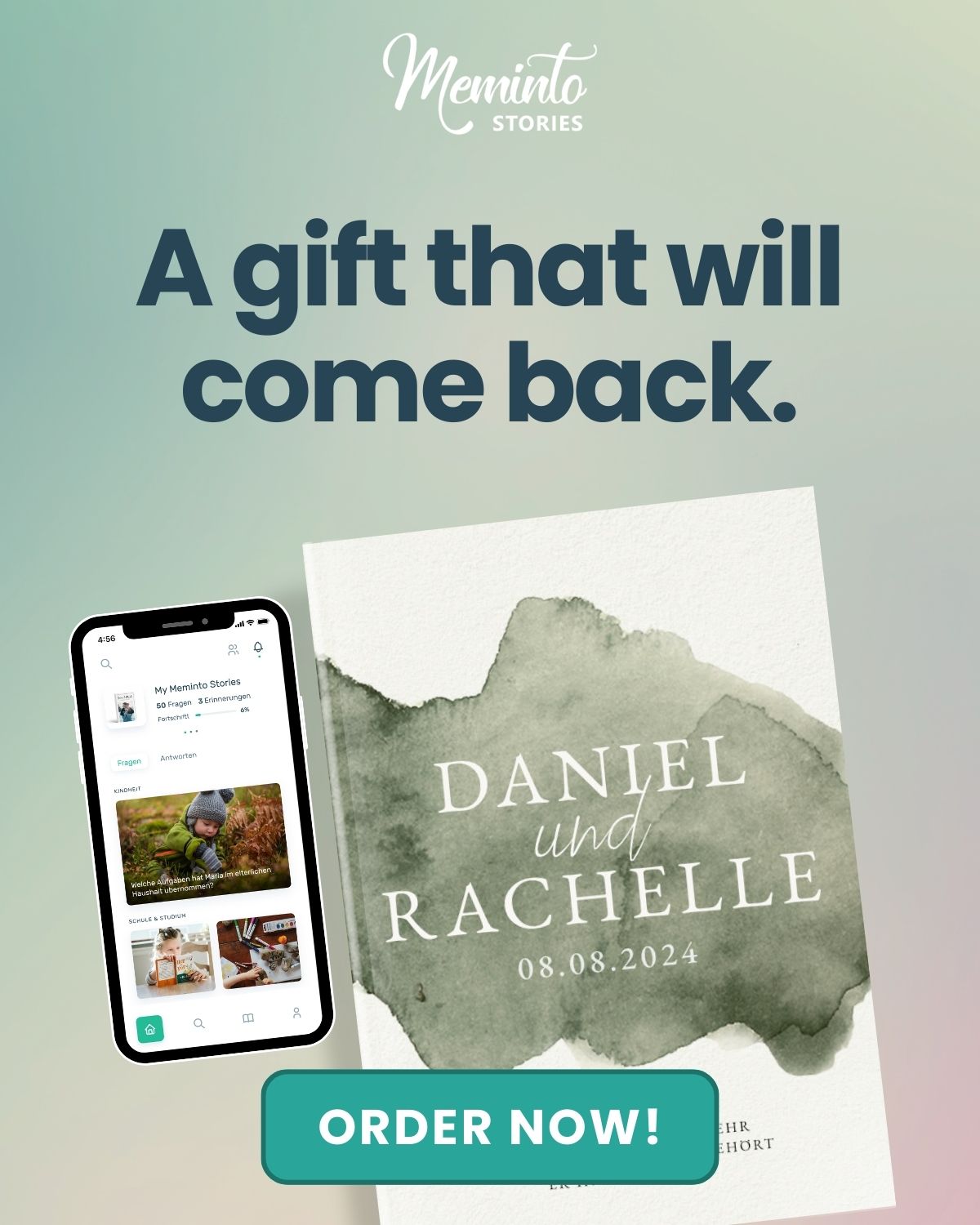Writing a memoir may have crossed your mind if you’ve ever been captivated by a particular event or yearned to share a profound experience with others. Memoirs offer a unique opportunity to open the doors to your life, allowing others to glimpse your journey and the lessons you’ve learned along the way. Each emotion fosters empathy and creates deep connections with your readers.
To start a memoir:
- Begin by identifying the type of memoir you intend to write and who your readership will be.
- Always keep the central message or main topic in mind at the outlet.
- Integrate elements that establish a connection with your audience throughout the writing process.
In the remainder of this article, we’ll explore the essence of memoirs: what they are, their defining features, and how you can embark on the journey of writing your own. We’ll delve into the various themes you can choose from and provide practical tips to help you kick-start your memoir writing process.
What is a memoir?

A memoir is more than just a chronological account of your life; it’s a deeply personal narrative that explores your life’s experiences, emotions, and reflections. Unlike an autobiography, which typically covers a person’s entire life, a memoir focuses on specific themes, periods, or pivotal moments that have left an indelible imprint on your identity and perception of the world.
10 Actionable Tips for writing a memoir
Based on demand, we have compiled our 10 best tips for writing a memoir below:
1. Decide who you are writing for
Deciding who you are writing for is crucial to the memoir-writing process. It’s about understanding your readers and tailoring your story to resonate with them. So, who’s your audience going to be? Here are some essential tips to guide you:
Write for your loved ones:
Start by thinking about the people closest to you: your family, friends, and loved ones. These individuals will likely have a vested interest in your story and serve as an essential audience for your memoir.
Appeal to a broader audience:
Make your memoir engaging and relatable for anyone interested. Consider universal themes and experiences that can transcend individual relationships and resonate with a broader audience. By crafting a narrative that speaks to shared human emotions such as love, loss, resilience, and growth, you can attract readers from diverse backgrounds who can connect with your story on a deeper level.
Target a specific group:
Inspire and empower those who share your identity or challenges. Your memoir can inspire and empower others facing similar circumstances, whether it’s cultural identity, personal struggles, or shared aspirations. Tailor your memoir to address these groups’ concerns, perspectives, and aspirations, offering insights, guidance, and encouragement that resonate with their experiences.
Educate and inspire:
Your memoir can also serve as a platform for educating and inspiring readers seeking guidance, motivation, or valuable life lessons. Draw upon your experiences to impart practical advice, share wisdom gained from challenges overcome, and offer perspectives on personal growth and resilience. Whether navigating relationships or pursuing career aspirations, your memoir can give readers valuable insights and inspiration to navigate their journeys. Provide valuable life lessons for readers seeking guidance or motivation.
Your readers play a huge role in shaping your memoir, from how you tell your story to the topics you choose to cover. By understanding who you’re writing for and what they’re interested in, you can create a narrative that genuinely speaks to them and forges a meaningful connection.
Whether you’re penning your memoir as a heartfelt gift for your loved ones or aiming to share your message with a broader audience, Meminto has got you covered. With their suite of tools and resources, you’ll have everything you need to embark on and complete your memoir journey. From thought-provoking prompts to insightful questions, Meminto helps you unearth the memories that will make your memoir genuinely captivating. So why wait? Sign up today and start crafting your unforgettable story.
2. Decide on the size of your memoir.

When it comes to memoirs, size does vary. It’s all about figuring out what works best for your story.
- If you want to cover a significant portion of your life’s journey, then a full-length book might be the way to go.
- On the other hand, if you’re aiming to capture a specific, poignant moment or a series of shorter anecdotes, a shorter format could be more fitting.
Here’s where Meminto comes in handy. It offers a range of sizes for your memoir, from as concise as 100 pages to as expansive as 500. You can choose the best format that suits your story, ensuring you can tell your tale at just the right length. So, whether aiming for brevity or depth, Meminto has got you covered.
3. Start with the end in mind.
The key to writing a good memoir is starting with your end goal. When you know your end goal, starting and sticking with the central theme as you write becomes easier.
Begin by identifying the central message or lesson you want to impart through your memoir. What is the overarching theme that ties your experiences together? Whether it’s resilience in the face of adversity, the power of love and forgiveness, or the journey of self-discovery, clarifying your crucial message will guide your storytelling. The table below outlines some memoirs you can choose from.
| Memoir Theme | Description |
| Identity and self-discovery | Explore your origins and the journey of self-understanding. |
| Family dynamics | Discuss your relationships with family members and how they’ve influenced your life. |
| Overcoming adversity | Share experiences of facing and overcoming challenges or tough times. |
| Travel and exploration | Write about adventures and insights gained through travel experiences. |
| Career and professional development | Reflect on job experiences and how they have contributed to personal growth. |
| Creativity and artistic expression | Discuss your creative outlets and what they mean to you personally. |
4. Write the opening last.
When you write, you’re first thinking about how to start your memoir with a bang. But guess what? It’s okay if you have a different opening from the get-go.
Lots of writers leave the introduction until the end. Why? Because once you’ve written the meat of your memoir, you’ll have a better idea of what tone and vibe you want to set right from the beginning.
Here’s a little tip: You don’t have to write your memoir in order, like a step-by-step timeline. Start with the juicy bits that light a fire under you. Maybe it’s a powerful memory or a moment that sticks out to you.
So don’t stress if the perfect opening isn’t coming immediately. Write what excites you first, and the rest will fall into place.
5. Connect with your reader’s emotions.
Engaging with your readers’ emotions is at the core of memoir writing. It’s about going beyond merely recounting events and tapping into the shared human experiences that bind us. Here are some ways to infuse your memoir with emotion and forge a powerful connection with your audience:
6. Write from the heart.
Share your true feelings and experiences. Be open about your fears, joys, and successes. Readers connect more with genuine stories. Think about the moments in your life that matter. Feel those emotions profoundly and let them guide your writing—happiness, sadness, fear, or hope.
7. Show, don’t tell:
Instead of just saying how you feel, paint a picture with words. Describe how things looked, sounded, smelled, tasted, and felt. If you were sad, talk about the tears in your eyes or the heavy feeling in your chest.
8. Take your time.
Take your time with the emotional parts of your story. Let the feelings build up slowly, so readers can feel what you felt.
9. Stay true to your message.
Keep your memoir focused on a specific event or theme. Only include details that directly contribute to and support your central message. Before adding new elements, ask yourself: Does this detail move the story forward, deepen the characters, or strengthen my connection with the reader?
Let your message drive your storytelling decisions, from the words you select to the structure of your narrative. Ensure that every aspect of your memoir reinforces your central theme.
Utilize personal anecdotes, reflections, and insights to illustrate and reinforce your message throughout your story. Each event, character, and emotion should illuminate and amplify your central theme, creating a cohesive and impactful narrative.
10. Get to writing and find ways to hold yourself accountable.
Start writing and stay on track by holding yourself accountable. Set aside regular time to work on your memoir, whether daily or weekly. Meminto offers the flexibility to write anytime, anywhere, using your smartphone. If typing isn’t your thing, you can record audio on Meminto and transcribe it into your memoir. Find a routine that suits you and stick to it. Consistency is vital, even if progress feels slow at first.
If you’re struggling to remember details, there are ways to jog your memory. Write down everything you remember, and use prompts or cues to trigger memories. Meminto also provides daily reminders to help you stay focused and consistent.
Writing a memoir can feel overwhelming, but keeping yourself motivated and accountable is essential. With Meminto, you have the tools and support to stay on track and bring your memoir to life.
Wrap up
Always keep in mind that you’re not just writing for yourself, but also for your loved ones and anyone else who might draw inspiration or connection from your story. Keep your ultimate vision of the finished memoir in sight and dive into the writing process with determination. Hold yourself accountable every step of the way, knowing that every word you write brings you closer to completing your memoir.


















